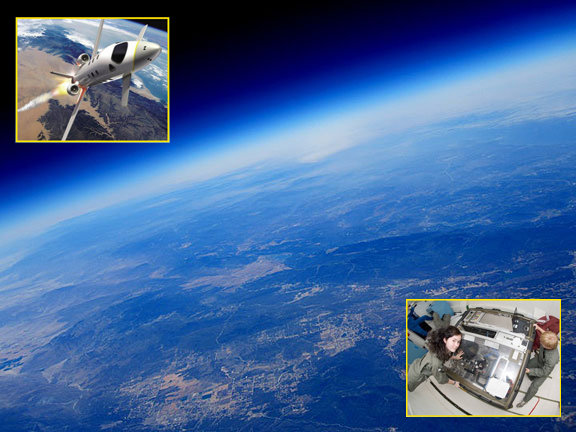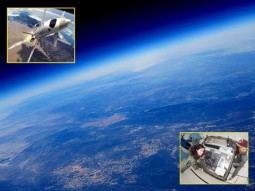 Underwater Volcanoes (start time 5:45). Most of our planet’s volcanoes are out of sight, and largely out of mind. Hidden under sometimes thousands of feet of water, volcanoes on the sea floor bubble and boil away without our knowledge and largely without our understanding. We talk with Oregon State University volcanologist Bill Chadwick about some of his research on these buried giants. More information (with photos and videos) are available at NOAA’s VENTS Program.
Underwater Volcanoes (start time 5:45). Most of our planet’s volcanoes are out of sight, and largely out of mind. Hidden under sometimes thousands of feet of water, volcanoes on the sea floor bubble and boil away without our knowledge and largely without our understanding. We talk with Oregon State University volcanologist Bill Chadwick about some of his research on these buried giants. More information (with photos and videos) are available at NOAA’s VENTS Program.
 Sleep (start time 15:50). As any mother knows, when children get cranky, one of the best solutions is to “go take a nap.” What is less understood is whether or not those naps can be now and then, or whether it’s important to keep them regular. We speak with an expert who has just published a study that looks at the question of napping among preschool children. Her name is Monique LeBourgeois and she’s a professor of Integrative Physiology at the University of Colorado’s Sleep and Development Lab.
Sleep (start time 15:50). As any mother knows, when children get cranky, one of the best solutions is to “go take a nap.” What is less understood is whether or not those naps can be now and then, or whether it’s important to keep them regular. We speak with an expert who has just published a study that looks at the question of napping among preschool children. Her name is Monique LeBourgeois and she’s a professor of Integrative Physiology at the University of Colorado’s Sleep and Development Lab.
Co-hosts: Joel Parker and Shelley Schlender
Contributors: Beth Bartel, Breanna Draxler, Susan Moran
Engineer: Joel Parker
Producer: Joel Parker
Executive producer: Shelley Schlender
Listen to the show:
Podcast: Play in new window | Download (Duration: 23:46 — 21.8MB)
Subscribe: RSS

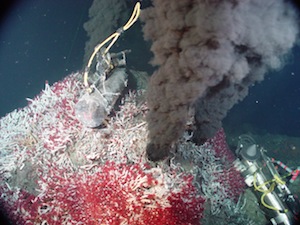




 elley Schlender visited with Colorado State University Scientist and Paleolithic Lifestyle expert
elley Schlender visited with Colorado State University Scientist and Paleolithic Lifestyle expert 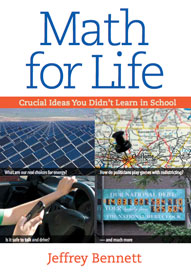
 One often hears people state “I’m not good at math” or that they don’t like math because it they don’t think it has any relevance to their day-to-day life (other than, maybe, to balance a checkbook). However, both of those myths are addressed head-on in a new book titled “
One often hears people state “I’m not good at math” or that they don’t like math because it they don’t think it has any relevance to their day-to-day life (other than, maybe, to balance a checkbook). However, both of those myths are addressed head-on in a new book titled “


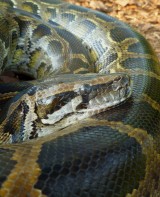
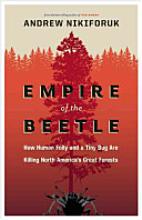

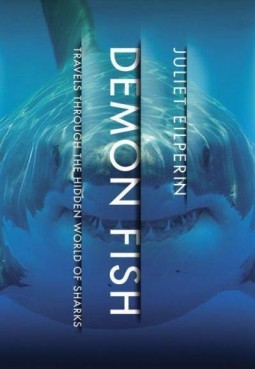
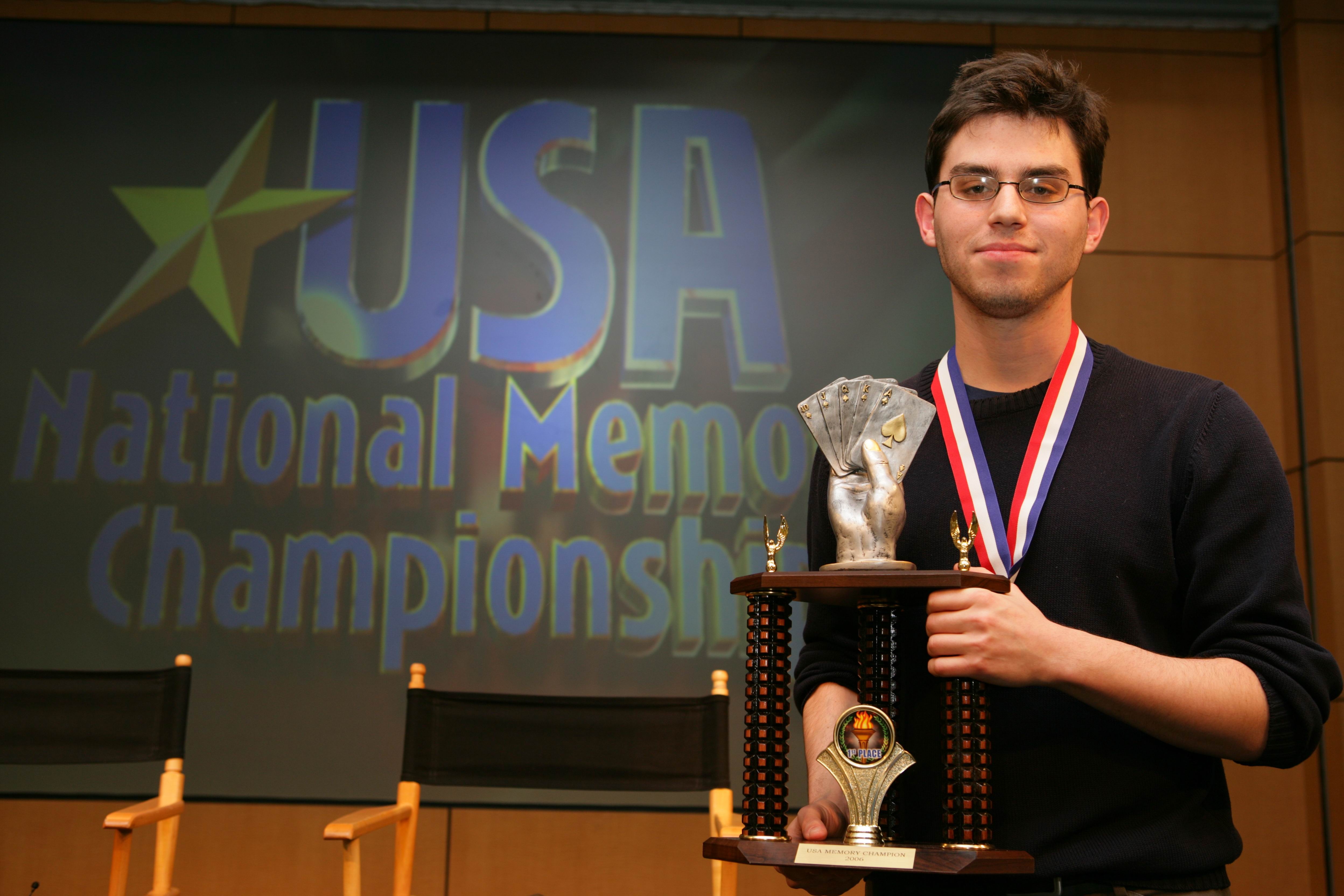
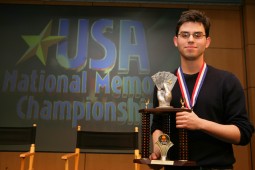 Remembering Everything” (the full interview can be found
Remembering Everything” (the full interview can be found 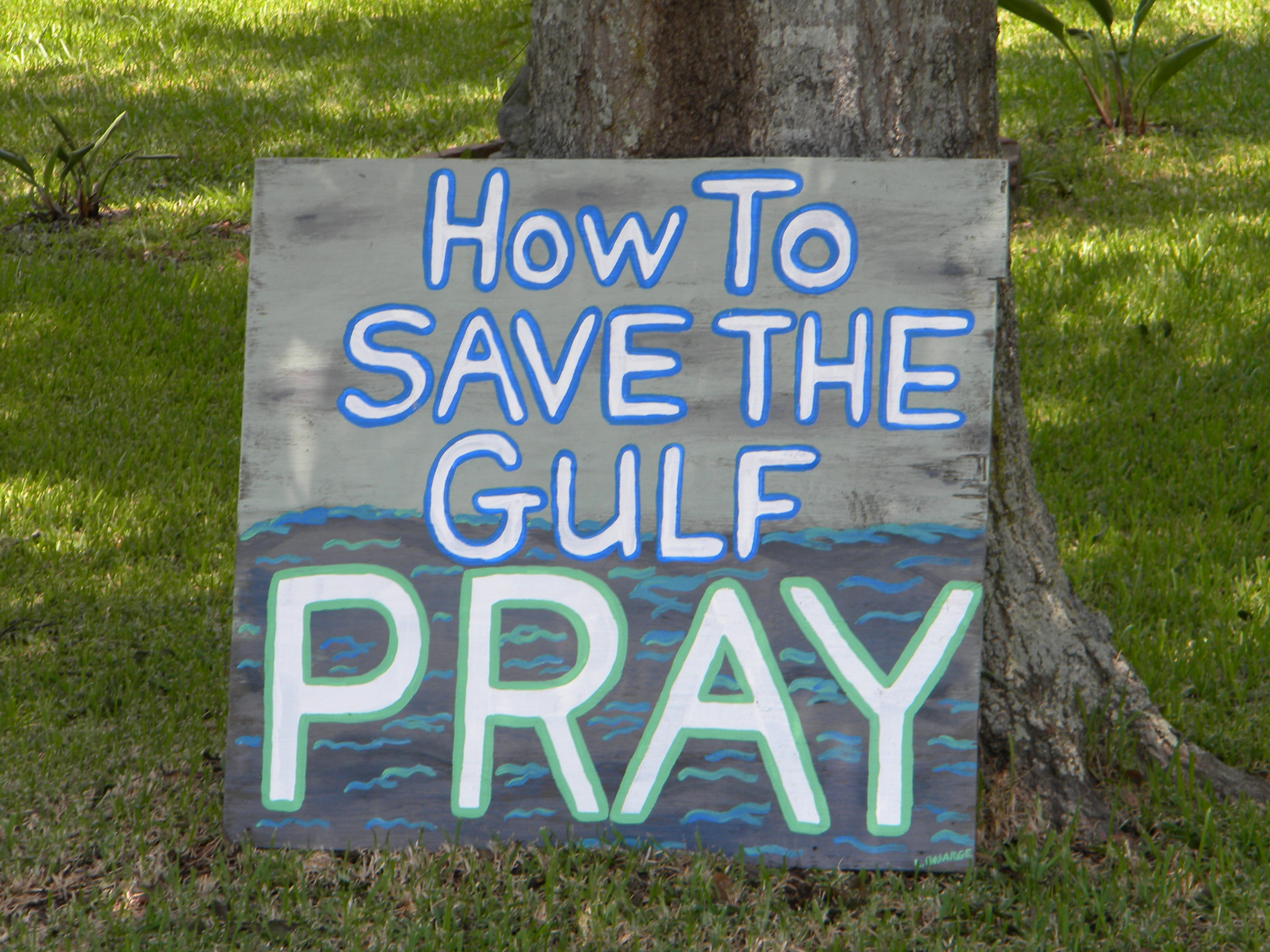
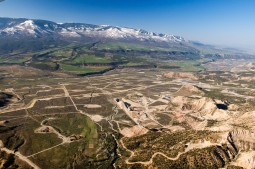 We discuss the environmental and human costs of natural gas drilling practices, and then the human toll of the BP oil spill in the Gulf of Mexico one year after the disaster.
We discuss the environmental and human costs of natural gas drilling practices, and then the human toll of the BP oil spill in the Gulf of Mexico one year after the disaster. Ted Burnham interviews Liesel Ritchie, assistant director for research at the
Ted Burnham interviews Liesel Ritchie, assistant director for research at the 

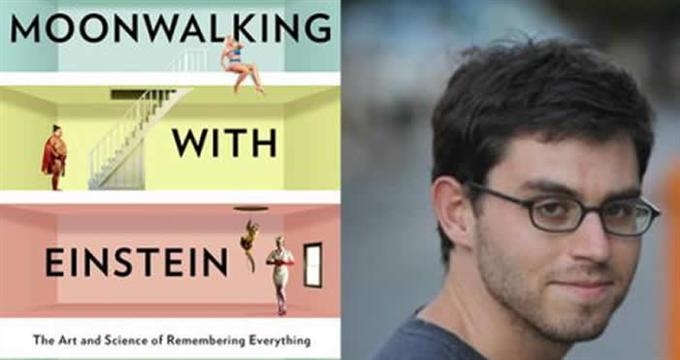
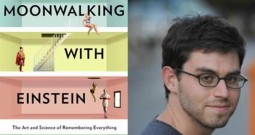 In this Spring Pledge Drive Show, we share an update on the crisis in Japan from Kathleen Tierney of
In this Spring Pledge Drive Show, we share an update on the crisis in Japan from Kathleen Tierney of 